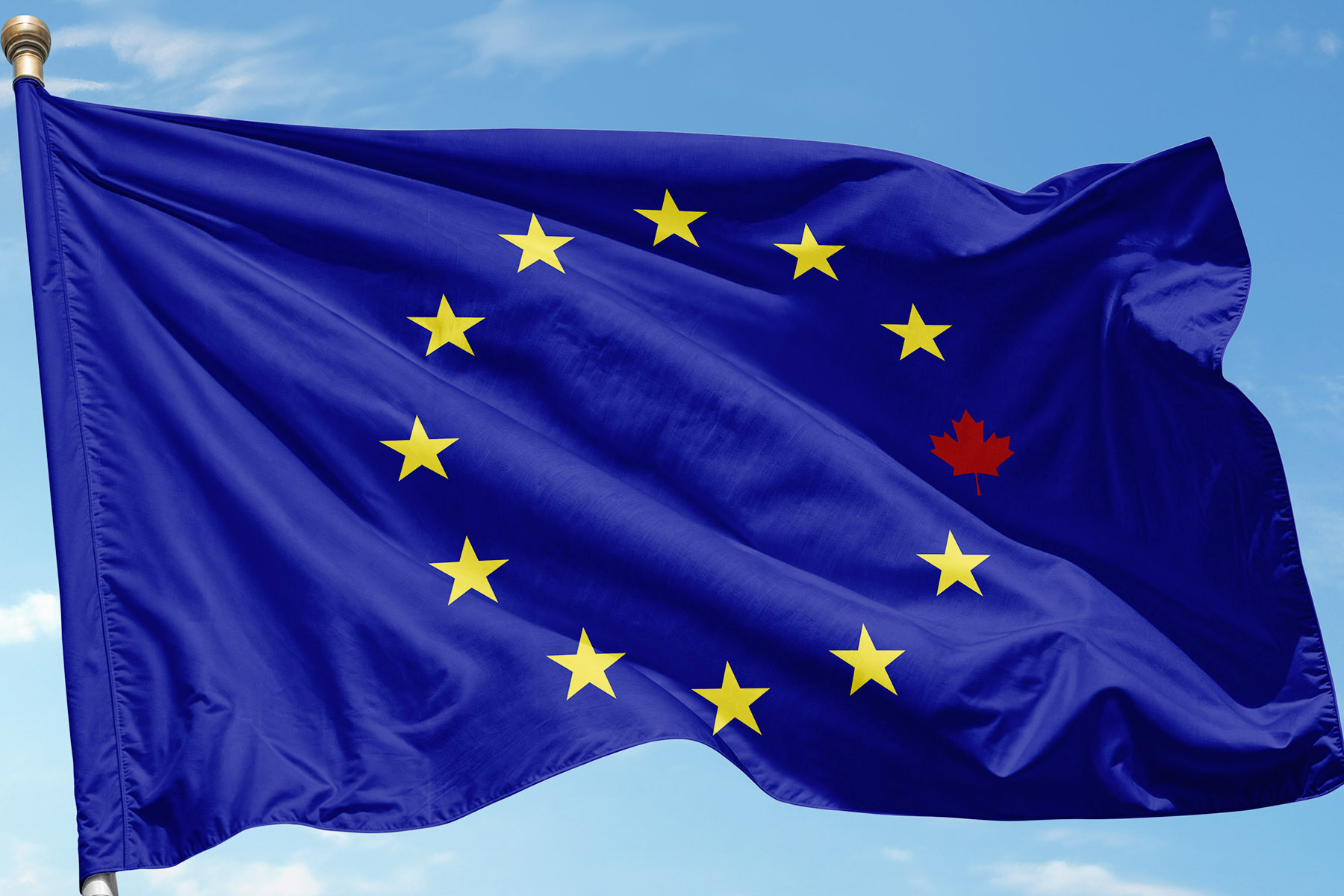The EU has red tape for their red tape bundles...
If Canada Wants a Plan B for Trade, Europe Could Be the Answer
It’s time for us to play the field
What potential obstacles could come up?
When people think of the EU, they will often think of regulatory burden. But regulation is like cholesterol. There’s good cholesterol and there’s bad cholesterol. There’s good regulation and there’s bad regulation. Regulation isn’t inherently bad. It’s just a question of understanding it.
I think there are always challenges to regulation that not everybody always agrees with, but I think this is something that Canadian companies should be watching very carefully. For example, EU regulations are increasingly focusing on supply chains and the transparency of companies’ obligation to report on those supply chains.
Because, again, the EU is embarking on this with a view to become more competitive. And while the EU market may not be as attractive as the US market right now in terms of growth, it is a big market. There’s nearly 450 million people. It’s a wealthy market. And they’re very aware of their challenges and taking some active steps to try to address them.
It’s time for us to play the field

thewalrus.ca







